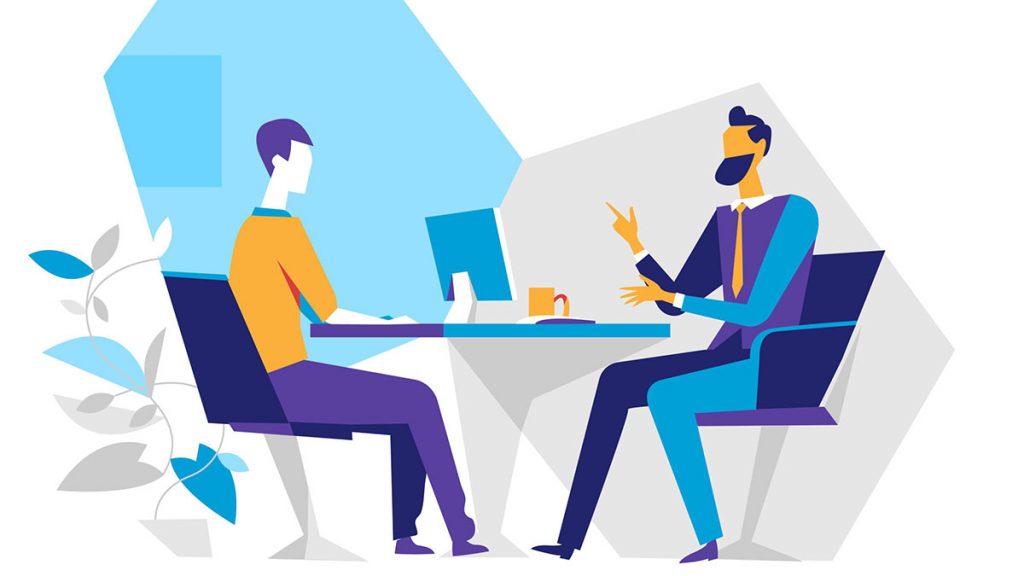Behind the Scenes of Justice: The Role of Ombudsmänner in Modern Systems
In an age where public trust in institutions fluctuates and accountability is in high demand, few roles are as quietly powerful as that of the ombudsmänner. These impartial figures operate at the intersection of the public and the institutions meant to serve them. Whether a complaint arises from a government agency, a healthcare provider, or a school, these mediators ensure that grievances aren’t just filed — they’re heard, examined, and resolved fairly.
Their function may seem administrative at a glance, but in practice, their impact extends into the roots of governance, fairness, and transparency. They challenge flawed systems, uphold civil rights, and often trigger broader reforms through the cases they examine.
Let’s uncover their significance and the hidden influence they have on the structures that shape our daily lives.
The Concept and Origins of Neutral Mediation
The idea of assigning someone to listen neutrally to public grievances dates back to 18th-century Sweden, where the first official mediator was given the power to check abuses by the state. Over time, this concept spread across Europe and into other parts of the world. In Germany, the term ombudsmänner emerged to reflect multiple such figures entrusted with this responsibility.
Their central mission remains simple but powerful: to safeguard individuals against poor administration, unfair treatment, and unresolved conflicts with institutions.
What began as a Scandinavian legal mechanism evolved into a global model for good governance. Today’s ombudsmänner operate with expanded authority, dealing not only with complaints but also pushing for structural improvements in policy and service delivery.
Diverse Forms, Shared Purpose
Though the core principles remain the same, ombudsmänner are not confined to a single sector. Their reach spans a wide variety of fields:
- Public Service Watchdogs: Those assigned to government agencies handle citizen complaints involving taxation, licensing, and social services. Their interventions help restore public confidence in civic administration.
- Private Sector Mediators: Within corporations, ombudsmänner focus on resolving internal disputes, employee concerns, or customer dissatisfaction. Their presence helps build a culture of responsibility and ethical business practices.
- Academic Advocates: In universities, students and faculty alike may turn to designated mediators to address grading disputes, harassment claims, or administrative errors.
- Healthcare Allies: From patient rights violations to treatment discrepancies, healthcare ombudsmänner play a vital role in ensuring quality care and fair treatment.
- Community Voices: Local municipalities may appoint neutral advocates to mediate disputes between citizens and city departments, preserving community trust and balance.
Across all of these roles, the unifying thread is fairness — ensuring all sides are heard and every issue receives a thoughtful resolution.
How Complaints Become Catalysts
Ombudsmänner rarely act without cause. Their work usually begins with a complaint — an unresolved issue someone feels has been unjustly handled. From this starting point, a thorough and structured process unfolds.
First, evidence is gathered. Interviews are conducted, documents examined, and patterns reviewed. This investigation is done without bias or influence, creating a foundation for truthful resolution.
What separates ombudsmänner from traditional administrators is their ability to go beyond individual disputes. When patterns emerge — repeated complaints pointing to a deeper problem — they can issue formal recommendations that shape policy and reform broken systems.
While their decisions may not always carry legal weight, their findings are influential. Government bodies, corporations, and institutions often adopt suggested reforms to avoid public backlash or repeat issues.
Building Trust Through Unbiased Advocacy
At the heart of their influence is the ability to listen — truly listen — without bias or agenda. Ombudsmänner don’t represent any one side. They represent fairness. This neutrality enables them to build trust, not only with individuals but also with the institutions they examine.
By providing a safe space for grievances, they help people feel seen in systems that often feel impersonal or rigid. For communities that feel marginalized or underserved, this access is particularly meaningful.
Their reports often spark conversations in boardrooms, parliaments, and university councils. These aren’t just case files — they are a reflection of how institutions serve the people and how that service can be improved.
Patterns of Progress and Reform
The cumulative power of ombudsmänner doesn’t lie in high-profile headlines but in steady, incremental change. One investigation might prompt better training for public servants. Another may lead to new guidelines for healthcare providers.
Sometimes, their influence is even broader — contributing to legislative shifts or transparency measures in entire sectors. By identifying systemic blind spots and voicing solutions, they act as quiet catalysts for progress.
And unlike court systems bogged down by legal protocol and expense, ombudsmänner offer a faster, more accessible route to justice. Their role is not just reactionary but preventative, often identifying risks before they escalate into crises.
Obstacles and the Road Ahead
Even these powerful advocates face resistance. One of the greatest hurdles is limited awareness. Many individuals aren’t sure who to turn to when bureaucracy fails them. The concept of an ombudsman — much less the term ombudsmänner — remains unfamiliar to large parts of the population.
Funding constraints also restrict the scope of their work. With fewer resources, investigations may be delayed or incomplete, weakening the very accountability they aim to uphold.
Additionally, institutions under scrutiny may resist cooperation, fearing reputational damage. This opposition can hinder the investigation process and stall reform.
To counter these challenges, stronger outreach efforts and educational campaigns are necessary. The more the public understands their rights and the avenues available for resolution, the more effective these mediators can be.
Why Societies Can’t Afford to Ignore Them
Modern society is more complex than ever. Citizens interact with countless systems daily — from healthcare and education to public transit and digital services. Each system, no matter how well designed, has flaws.
Ombudsmänner ensure that these flaws don’t go unchecked. They restore balance, encourage better governance, and support vulnerable voices. Their involvement can mean the difference between institutional failure and improvement.
Without them, many would simply give up — frustrated by red tape or drowned in unanswered complaints. With them, there’s hope for fairness, resolution, and dignity.
Final Thoughts
In a world where oversight is often lacking and power imbalances persist, ombudsmänner provide a crucial counterbalance. They ensure systems remain just, transparent, and accessible to all. Their work may not always make headlines, but it shapes societies in powerful, lasting ways.
As communities continue to evolve and new challenges emerge, so must these neutral advocates. By adapting their approaches while staying true to their mission, ombudsmänner will remain essential to fostering equity and accountability for generations to come.
Clearing Up Confusion
What’s the difference between an ombudsman and ombudsmänner?
“Ombudsman” refers to a single individual, while “ombudsmänner” is the plural form used in German contexts.
Are ombudsmänner government employees?
They may be appointed by the government, but they function independently to maintain impartiality.
Can I contact an ombudsman if I’m in a private dispute?
Yes, many exist within corporations, schools, and hospitals to address internal complaints.
Do ombudsmänner have legal power?
While they may not enforce laws, their recommendations are influential and often lead to changes.
How do I know if my country has ombudsmänner?
Most nations have similar roles. Check your local or national government’s official portals for details.






